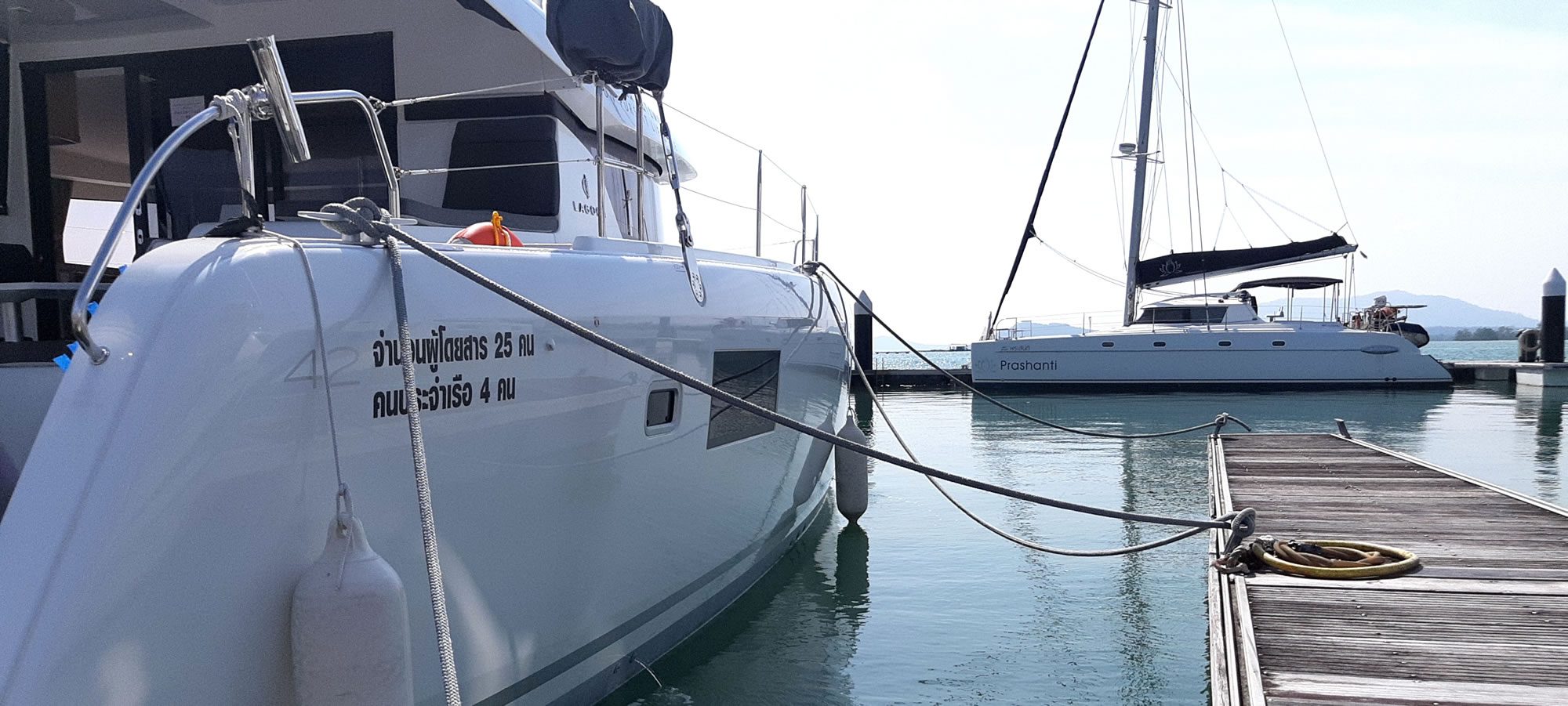
Yacht Etiquette: How to Be a Polite Boater
As a boater, it’s essential to adhere to a certain level of etiquette to ensure a pleasant experience for yourself and others. Here are some tips on how to be a courteous and respectful boater:
Radio Etiquette
- Clear and Concise Communication: When using the marine radio, be clear and concise in your transmissions.
- Listen Actively: Always listen to the radio channel before transmitting.
- Use Proper Language: Avoid using profanity or offensive language.
- Thank Others: Thank those who assist you or provide information.
- Minimize Unnecessary Chatter: Keep your transmissions brief and to the point.
Anchoring/Docking Etiquette
- Respect Marine Environments: Avoid anchoring on coral reefs or seagrass beds.
- Consider Other Boat Traffic: Choose an anchoring spot that won’t obstruct other boats.
- Set Anchor Properly: Set your anchor securely to avoid dragging and ample swinging room.
- Respect Local Regulations: Adhere to local anchoring regulations and restrictions.
- Clean Up After Yourself: Remove all trash and debris from your anchoring spot.
- Marinas: Leave the Marina pontoon walkways tidy, without any overhanging yacht equipment. Neatly coil and stow excess dock lines and power cables out of the way. Eliminate noise from halyards and rigging.
General Boating Manners
- Speed Limits: Adhere to speed limits, especially in designated areas.
- Right of Way: Understand and follow the rules of navigation, including the right of way.
- Wake Responsibility: Be mindful of your wake and avoid creating excessive waves that could disturb other boats or damage the shoreline.
- Courtesy and Respect: Treat other boaters with respect and courtesy.
- Emergency Preparedness: Be prepared for emergencies by having the necessary safety equipment and knowledge.
Navigational Etiquette
- Chart Your Course: Plan your route carefully and consult nautical charts, local cruising guides, pilot books and online resources.
- Avoid Crowded Areas: Try to choose less crowded waterways to avoid congestion and potential accidents.
- Respect Other Vessels: Maintain a safe distance from other boats at all times, especially in narrow channels.
- Signal Your Intentions: Use appropriate navigational lights and sound signals to communicate your intentions to other boaters well before you start any maneuver.
Environmental Etiquette
- Minimize Your Impact: Be mindful of the environment and avoid littering and polluting.
- Conserve Water: Use water sparingly and dispose of wastewater properly.
- Protect Marine Life: Avoid disturbing marine life, such as coral reefs and sea turtles.
- Support Marine Conservation: Consider donating to marine conservation organizations.
Social Etiquette
- Introduce Yourself: Introduce yourself to other boaters, especially when anchoring or docking. Offering assistance whenever possible is a great way to strike up new friendships.
- Respect Privacy: Avoid intruding on other boaters’ privacy.
- Share Information: Be willing to share local knowledge and tips with other boaters.
- Avoid Loud Noise: Keep noise levels to a minimum, especially at night.
By following these tips, you can enhance your boating experience and contribute to a more enjoyable and sustainable marine environment. Remember, boating is a privilege, and responsible boating practices help preserve our waterways for future generations.

